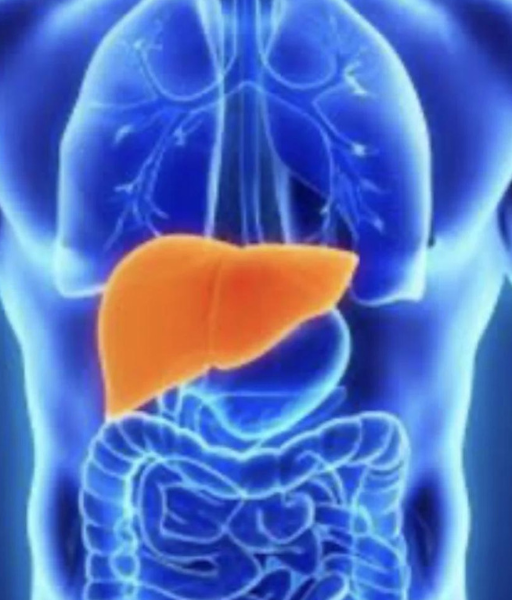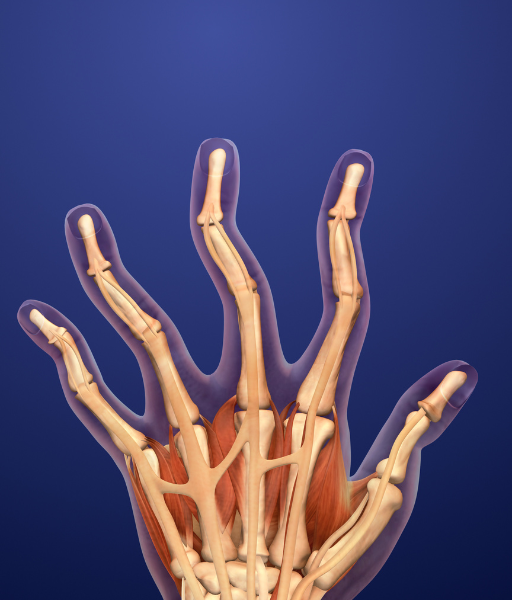Who Qualifies for Infection Procedures?
Procedures Related to Infections
Surgical Procedures
Abscess Drainage: Surgical drainage of an abscess is necessary when antibiotics alone cannot resolve the infection, and pus accumulates in a cavity formed by the infection.
Debridement: Surgical removal of infected or necrotic tissue is essential to prevent the spread of infection and promote healing.
Joint or Bone Infection Surgery: Procedures like debridement or joint replacement may be required for severe infections affecting bones or joints.
Interventional Procedures
Central Line Removal: Infected central venous catheters often require removal to prevent further infection.
Biopsy: Tissue biopsy is performed to identify the type of infection, especially when the infection source is unclear.
Other Treatments
Antibiotic Therapy: Depending on the type and severity of the infection, intravenous or oral antibiotics may be administered to eradicate the infection.
Antiviral or Antifungal Therapy: Specific antiviral or antifungal medications are prescribed for viral or fungal infections, respectively.
What are the Symptoms of Infection?
Infections can manifest in various ways depending on the type of pathogen (bacteria, virus, fungus, parasite) and the part of the body affected. Here are some common symptoms of infection:
- Fever: Elevated body temperature, often accompanied by chills.
- Fatigue: Feeling unusually tired and weak.
- Malaise: General feeling of discomfort or unease.
- Loss of Appetite: Reduced desire to eat.
- Swollen Lymph Nodes: Enlarged lymph nodes, particularly in the neck, armpits, or groin.




